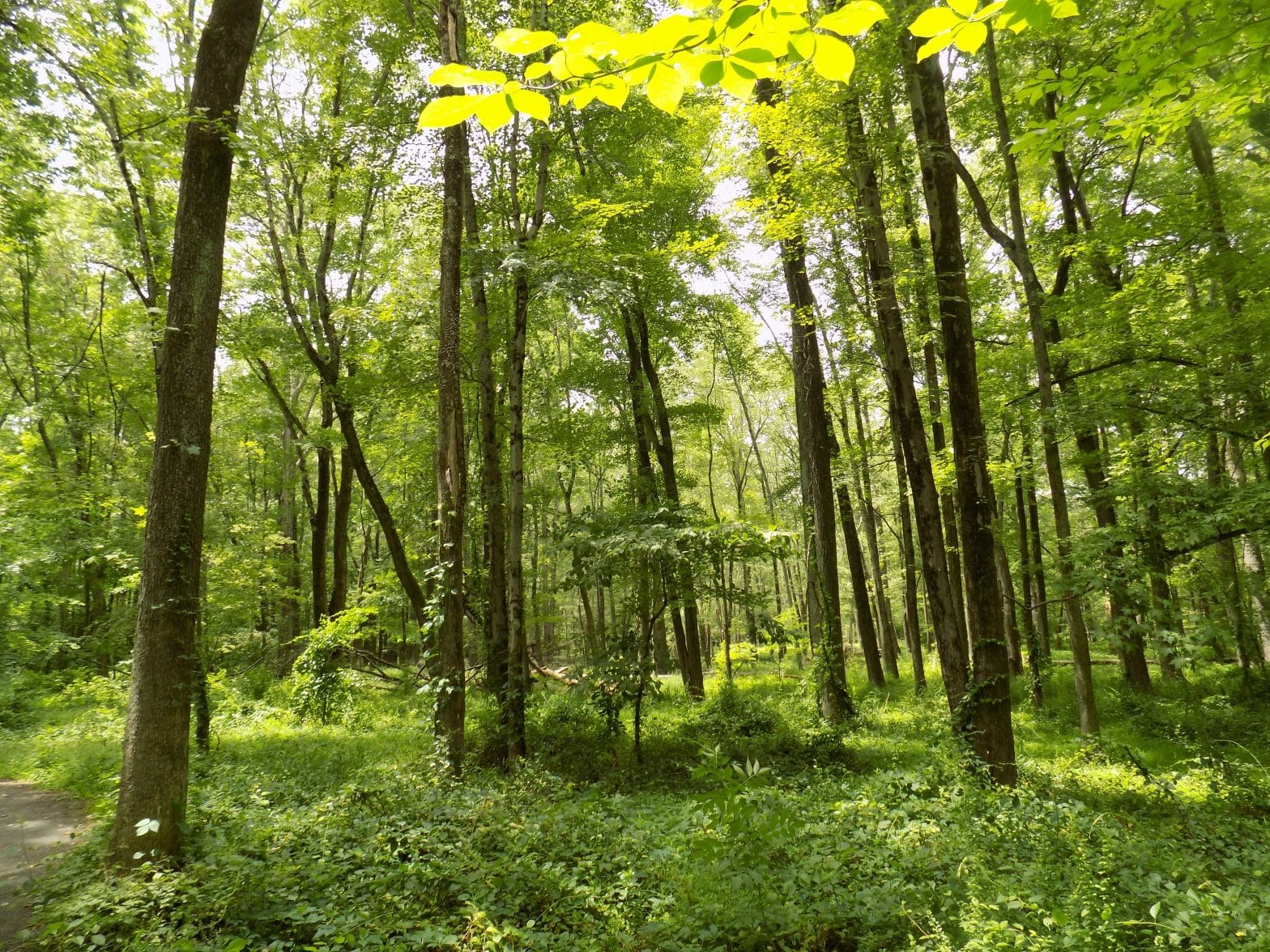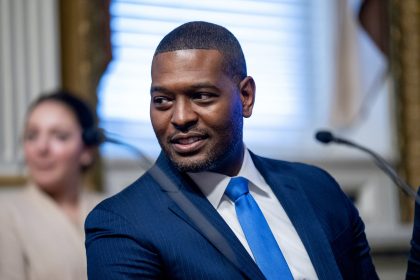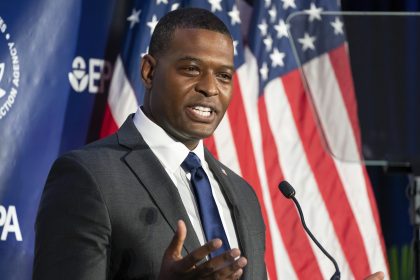States Step Up as Federal Government Moves Away from Paris Climate Agreement

On the same day that the Center for American Progress and the League of Conservation Voters released an issue brief detailing how states have stepped up where the federal government has neglected to lead on climate change, CAP convened representatives from a growing wave of state climate leaders paving the way for nationwide environmental action.
State Senators from Virginia and Colorado, as well as an environmental council advocate from Illinois, discussed clean energy solutions, coalitions advancing environmental progress, and important lessons that federal lawmakers can derive from states’ work while planning moves forward after the novel coronavirus.
“There are people wondering how we could possibly be talking about climate change during a pandemic,” said Jen Walling, executive director of the Illinois Environmental Council. But the health crisis may actually provide the perfect opportunity to recognize how “dirty energy… is making the U.S. more vulnerable” and exacerbating the disaster. As early as the beginning of April 2020, Harvard published a study about the link between long term exposure to air pollution and COVID-19 mortality.
Since 2017, the federal government has rolled back climate protections like clean energy policies, safeguards for clean air and water, vehicle emissions standards, and natural resource protections. But while the federal government is pulling away, states are committing more than ever to using their authority over utility markets, infrastructure, and transportation systems with an aim to reduce carbon pollution. In addition, these state policies are often specifically focused on investing in those most affected by climate change, including low-income communities, workers, and communities of color.
States have stepped up in many ways with innovative and creative moves toward a clean energy future. California, New York, and Washington State, for example, are leading the U.S. Climate Alliance, a bipartisan coalition of governors in 24 states and territories committed to upholding the Paris Climate Agreement even in the absence of federal support.
Earlier this month, Virginia became the latest state — and the first Southern state — to enact 100% clean energy legislation, joining 14 other states and territories committed to using only clean energy by midcentury, with benchmarks in the years between. In doing this, Virginia set an ambitious target for energy storage and wind energy development.
“I’m really concerned about the future that we are leaving [for our children], seeing how [a climate crisis] is not just theoretical anymore, and how crises — like coronavirus — can affect every aspect in our lives,” said Democratic State Senator, Jennifer McClellan, of Virginia.
“We had to be for something, not just fighting climate change,” McClellan said. Urging other states and the federal government to take a holistic approach to environmental policy, McClellan decided to center her attention not just on energy generation, but also industrial-generated greenhouse gases and local green-collar jobs. “Because everything is interconnected,” she said. “Just as communities of color are disproportionately affected by coronavirus, the same is true of climate. And frankly, the two are connected… [The environment] is an economic crisis, a health crisis, and a civil rights issue.”
Colorado is another state boasting stories of climate success and progress in its communities, even as environmental programs are being cut due to COVID-19 state and local budget concerns,
A climate leader in the energy sector for a long time, Colorado recently recommitted to reducing statewide carbon emissions — 25% by 2026, 50% by 2030, and 90% by 2050 (compared to 2005 levels) — according to Democratic State Senator Faith Winter. The state also touts the triumphs of its Colorado Clean Energy Fund, a non-profit that infuses the system with capital to accelerate Colorado’s renewable energy goals. And via its Climate Action Plan, Colorado has created the first state “Just Transition” office, which protects workers affected by the ongoing transition from fossil fuels to renewable energy and provides further support for the communities where they generally live and work.
Examples like these spotlight the growing wave of state climate leadership that may be critical for carbon pollution reduction while also ensuring that the communities most affected by climate change benefit in the transition to clean energy.
“But we cannot do it alone at the state level,” said McClellan, stressing the importance of coalitions. “Having a little bit of a kick from the federal government to start the process would be very helpful,” she said.
























